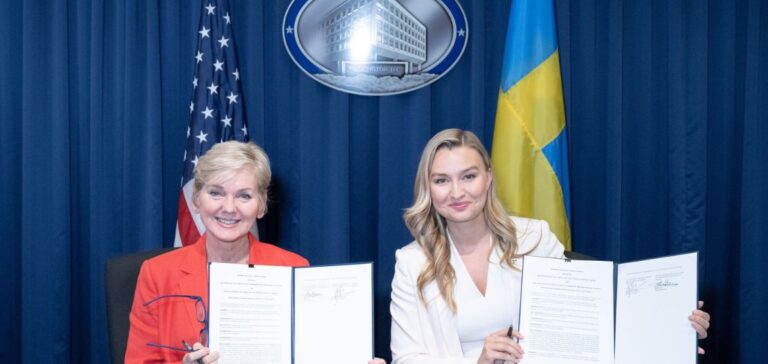Sweden and the United States formalized a strategic partnership in nuclear energy on August 1 in Washington, D.C. The memorandum of understanding (MoU), signed by Ebba Busch, Swedish Minister for Energy, Business and Industry, and Jennifer Granholm, U.S. Secretary of Energy, marks a milestone in cooperation between the two countries in nuclear technologies for peaceful uses.
The main objectives of the agreement include the joint development of advanced nuclear reactors, such as small modular reactors (SMRs), and improved nuclear waste management.
The two nations also plan to exchange scientific and technical information, and to collaborate on policies, financing models and the development of new skills in the sector.
Implications and Details of the Agreement
This MoU creates a formal framework for cooperation between government agencies, companies and research institutions in the two countries.
It will facilitate contacts between public and private entities, promote dialogue and cooperation at all levels, and organize visits, workshops and meetings to strengthen bilateral relations.
Ebba Busch emphasizes that this agreement strengthens the competitiveness of both countries and enhances bilateral relations.
Jennifer Granholm points out that the agreement aims to diversify nuclear fuel supply chains and sources, while developing solutions for spent fuel management.
Background and future prospects
Sweden’s center-right government, installed in October 2022, has affirmed its strong support for nuclear power.
Its roadmap, presented last November, calls for the construction of new nuclear capacity, with at least two large reactors by 2035 and up to ten by 2045. This cooperation with the United States is part of this dynamic, underlining both countries’ commitment to promoting advanced and sustainable nuclear technologies. By collaborating on research projects and sharing best practices, Sweden and the USA aim to set high standards for the global nuclear industry.
The signing of this MoU is a key step towards enhanced cooperation in the nuclear field, promising significant technological advances and better management of the world’s energy challenges.






















